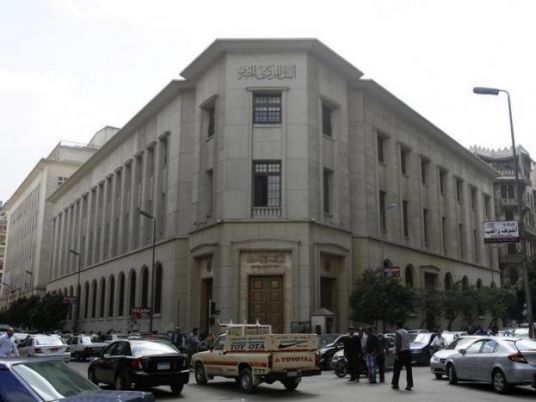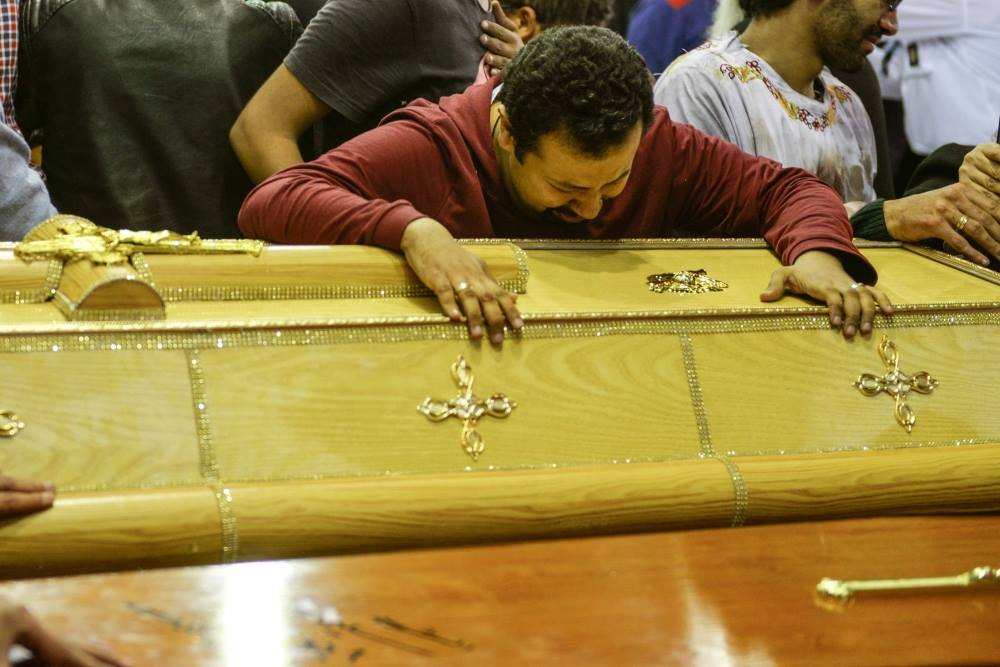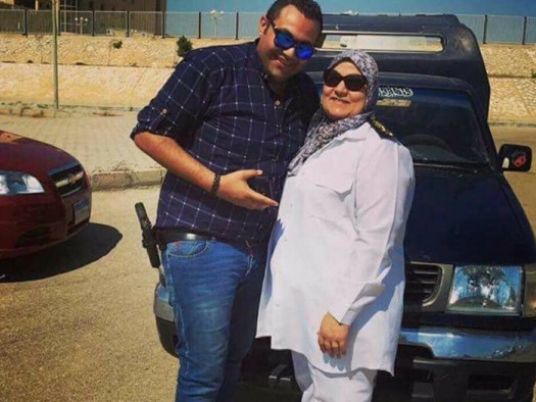An Egyptian rights group released Tuesday the most comprehensive list to date of the more than 800 civilians killed by security forces in last year's uprising that overthrew Hosni Mubarak last year.
The report by the Arab Network for Human Rights Information follows what many in Egypt see as a failure by officials to adequately investigate what happened during the 18 chaotic days of street protests in January and February 2011, or to hold those responsible for killing protesters to account.
Its drafters say that it may be useful in the future when there is genuine political will to investigate.
The report says that 673 of the 841 civilians who died were killed by gunfire, while 45 died from suffocation mostly because of tear gas. Nine were crushed when security-driven vehicles plowed into crowds of protesters.
It said 30 of the dead could not be identified, as their bodies were burned, crushed by vehicles, or otherwise unrecognizable.
The list does not include 26 security forces killed in the violence, according to official figures.
A government fact-finding mission in April 2011 put the total at 846 but did not provide details. The full government report, which according to a published summary said security forces used excessive force, was never made public.
"This report is a simple effort to honor those martyrs," said lawyer Gamal Eid, head of the network.
The report documents the widespread use of gunfire against civilians, which according to human rights groups helps establish that there was a pattern of lethal crackdowns on protesters.
However, the report does not answer some of the most contentious issues surrounding the shootings: whether Mubarak himself gave orders to fire on civilians, or whether a significant number of the deaths took place when police fired in self-defense against some protesters who were attempting to break into police stations.
Police abuse was one of the main reasons for the uprising against Mubarak's regime.
Eid said the documentation took nearly 15 months because it was difficult to access official records. It breaks down the dead by provinces, age group, reason and date of death. It draws on the fact finding mission but mostly on thousands of pages of court documents from 37 cases against security agents who are charged with the killing of civilians.
The report also provides the first comprehensive list of 197 defendants on trial in the killings. Most are security officials but Mubarak himself is also charged. A verdict in his case is expected next month.
The cause of the "martyrs" has been a rallying crying by protesters who complain that meting out justice against those blamed for the killing has been slow. They say authorities have been reluctant to punish the culprits.
Only nine court cases have been concluded, setting eight security officers free and issuing one suspended sentence, Eid said.
Most of the investigation into the killings was carried out by the authorities in the chaotic days after Mubarak's fall by the same government bodies blamed for the violence. Eid said that in most of the cases on trial, the weapons used by security forces were never seized by investigators.
"This document may become important years from now when a serious case is made for transitional justice when there is political will," Eid said.
Eid said his group is currently working on a similar report to document the death of Egyptians in the post-Mubarak period, which has also been plagued by frequent deadly violence between security and military troops and protesters.
The report's release comes barely a week before 23-24 May elections to determine Egypt's first post-Mubarak president. Front-runners in the race include ex-officials from his regime as well as Islamists who were in the opposition against him.




